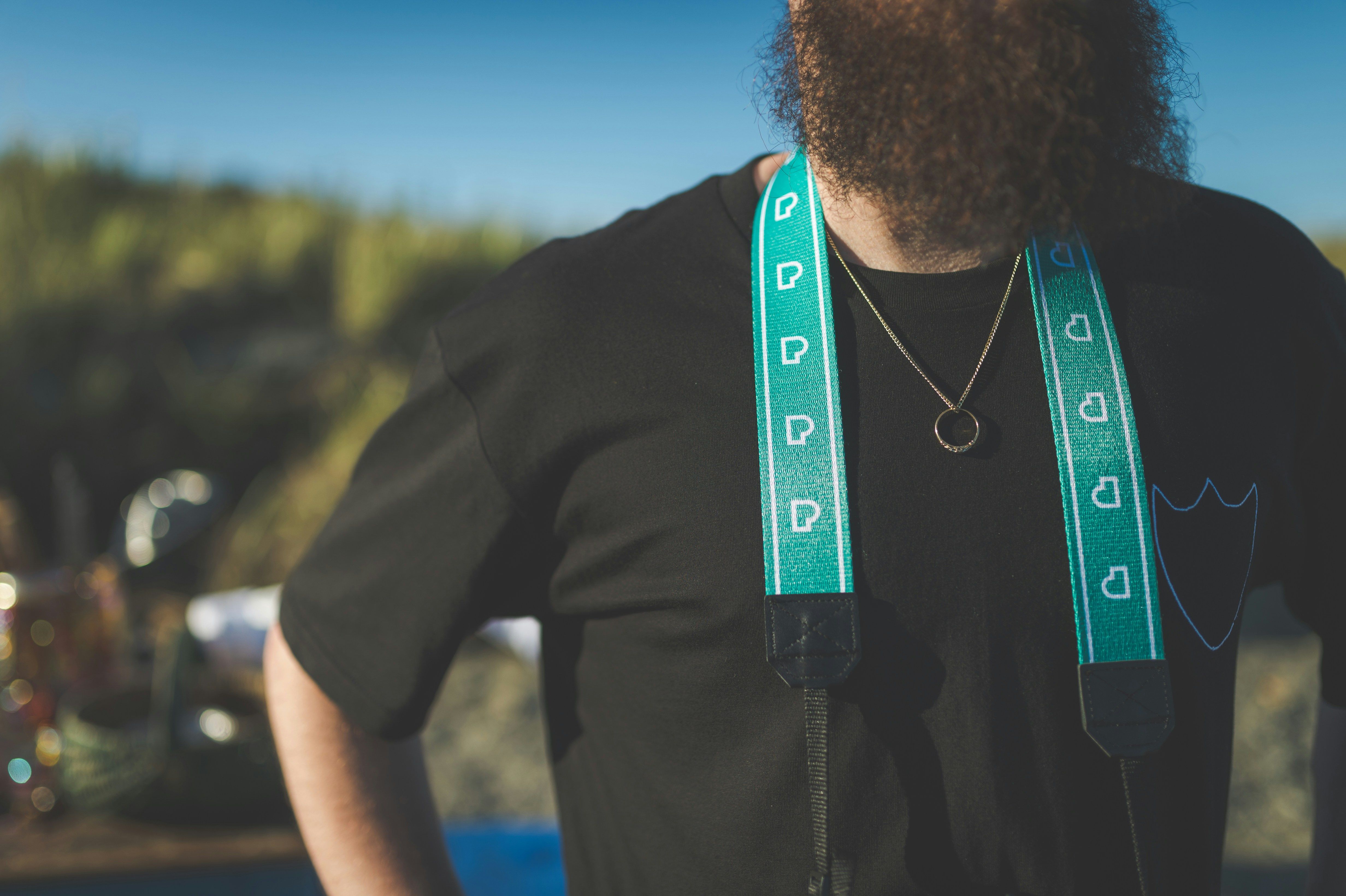AI giant Opting Against Profit Conversion: CEO Sam Altman's Explanation in Staff Communique
ChatGPT's Developer, OpenAI, Shifts Gears on Profitability
OpenAI, the innovative force behind ChatGPT, has announced a U-turn on its plans to convert into a for-profit company. The AI heavyweight will continue to be controlled by its existing non-profit organization.
After thorough discussions and feedback from social leaders, OpenAI has opted to maintain its non-profit status. This decision is a response to concerns about the ethics of prioritizing profit over safety and societal benefits.
OpenAI, founded as a non-profit, has always aimed to ensure that artificial intelligence benefits all of humanity. A key player in the AI sector, OpenAI has faced criticism for not adhering to its original mission. This criticism, led by co-founder Elon Musk and AI safety advocates, has contributed to OpenAI's decision to keep its non-profit status.
The company's recent funding round, worth an impressive $40 billion, has not swayed OpenAI from its commitment to its mission-driven framework. Instead, OpenAI is restructuring to maintain its non-profit oversight while potentially transitioning into a public benefit corporation.
The road to this decision was fraught with challenges. OpenAI needed to convert assets, determine investor equity, redefine leadership structures, and amend its charter and structure under Delaware law. The path to becoming a for-profit company outside of the control of the non-profit organization met with resistance from parties like Meta and Elon Musk.
According to CEO Sam Altman, OpenAI's new focus is to operate and secure resources to make AI services widely available, becoming the largest and most effective non-profit in history focused on AI for human benefit. The company remains dedicated to delivering useful AI, with a continued commitment to safety and a democratic approach to AI use.
In a letter to employees, Sam Altman emphasized that OpenAI's aim is to "offer very powerful models as open source, give our users a lot of freedom to use our tools within broad boundaries, even if we don't always share the same moral framework". The company aims to be a democratic force for AI, ensuring it benefits everyone, not just a select few.
The non-profit organization will continue to control the newly structured company, focusing on philanthropy and public good to address concerns about its previous execution of its mission. OpenAI eagerly awaits recommendations from its non-profit commission on how to ensure democratic AI and make real impacts in areas such as health, education, public services, and scientific discoveries.
It's a new era for OpenAI, and the company is excited about the changes ahead. With continued innovative work, there's no telling what the next chapter in this AI journey will bring. Here's to building a brighter future with AI.
References:1. "OpenAI will Remain a Non-Profit, Postpone for-Profit Plans Indefinitely" - TechCrunch, May 2023.2. "OpenAI's Billionaire Co-Founder Elon Musk Is Not Impressed" - Fortune, May 2023.3. "The Largest Tech Funding Round Ever: OpenAI Raises $40 Billion Amid Controversy" - The Verge, March 2023.4. "Meta Opposes OpenAI's Transition to for-Profit Company" - Reuters, December 2022.5. "OpenAI, Meta, and the Future of AI" - The Atlantic, February 2023.
What about the future of OpenAI's profitability with the decision to maintain its non-profit status? Despite the recent funding, the technology giant intends to operate as a mission-driven entity, focusing on making AI services widely available and encouraging a democratic approach to AI use.








